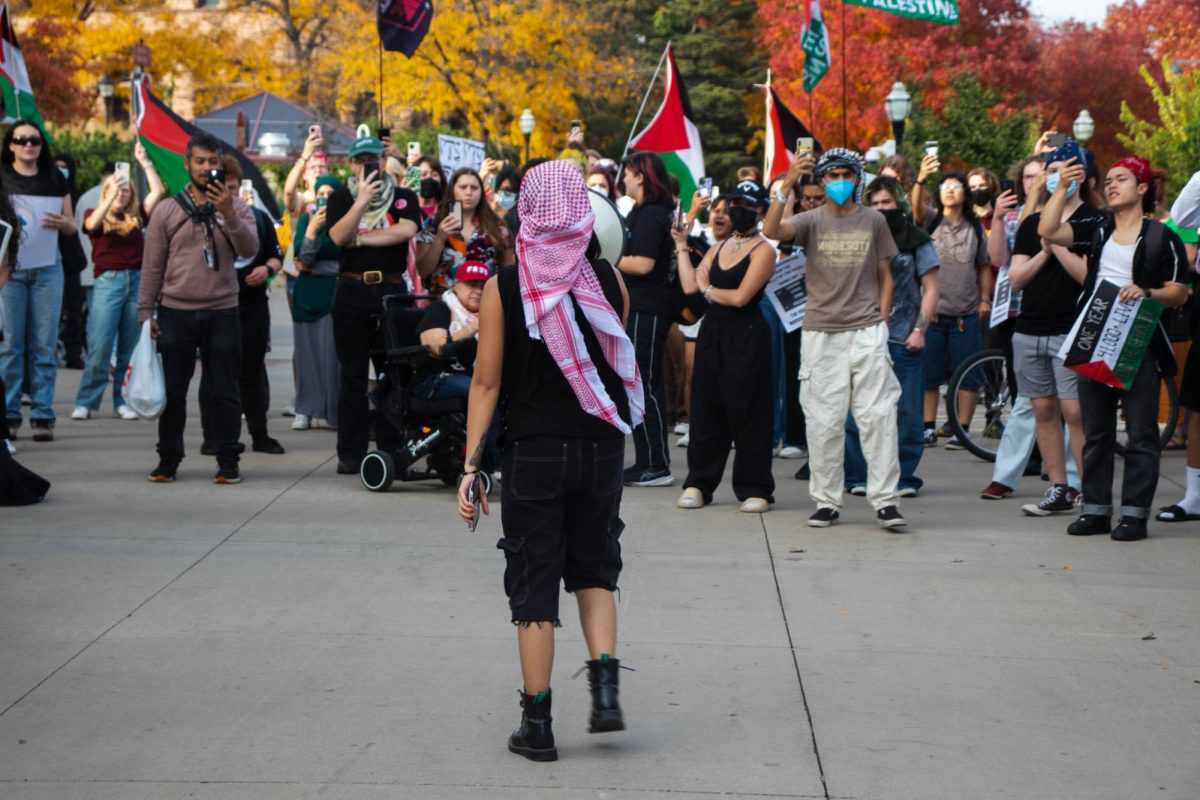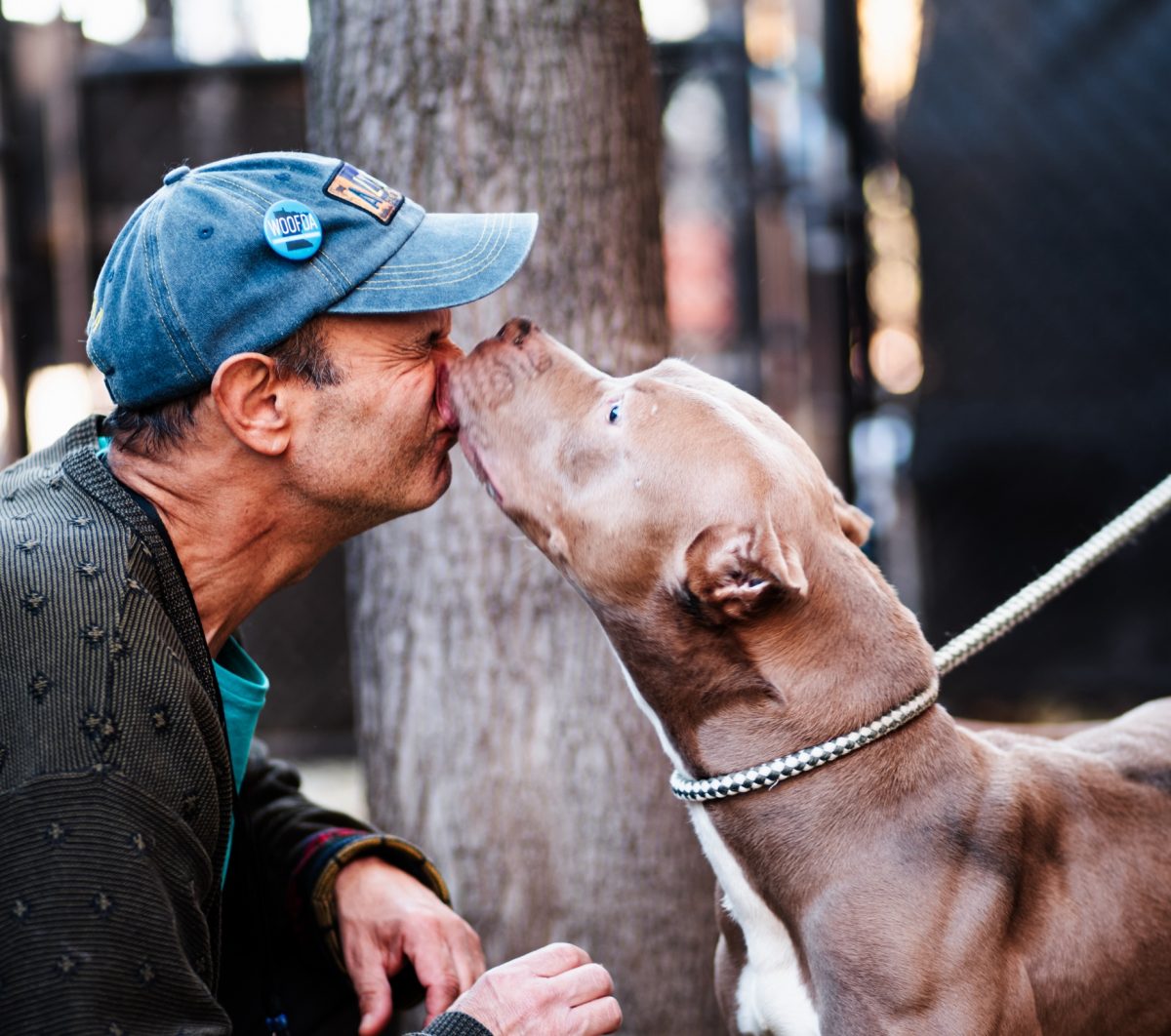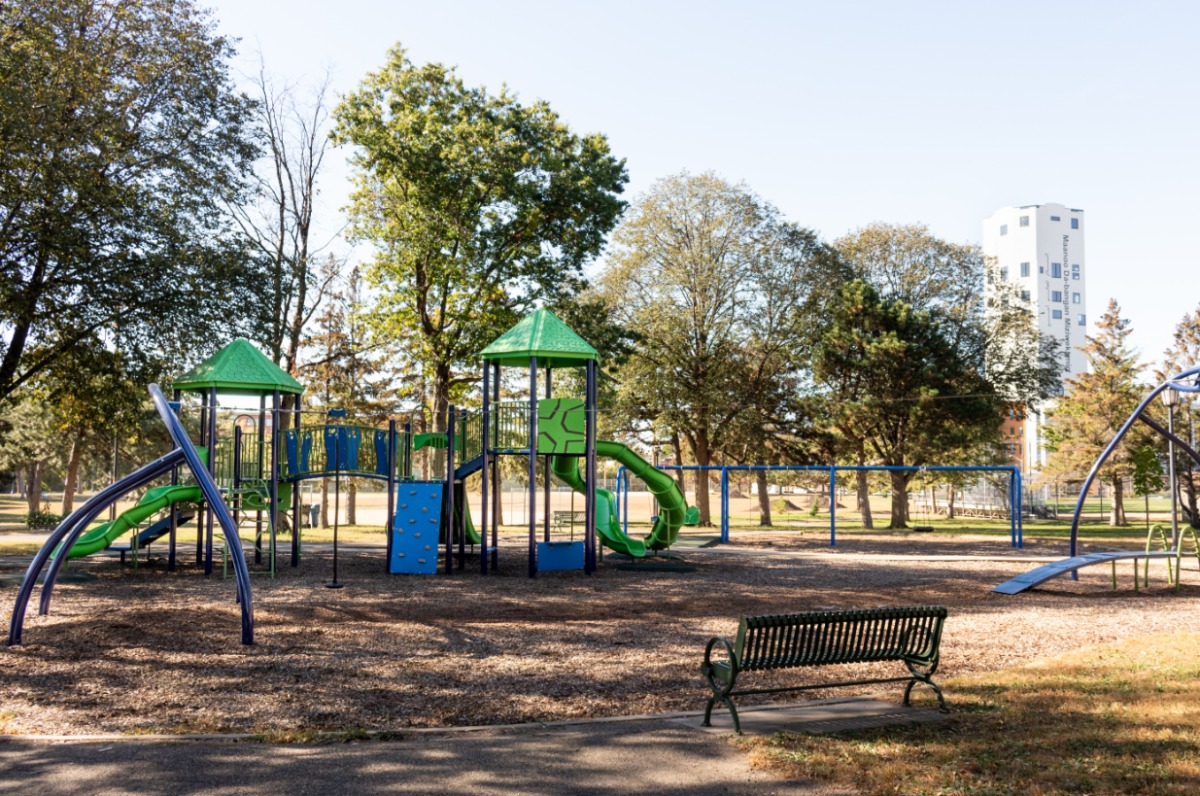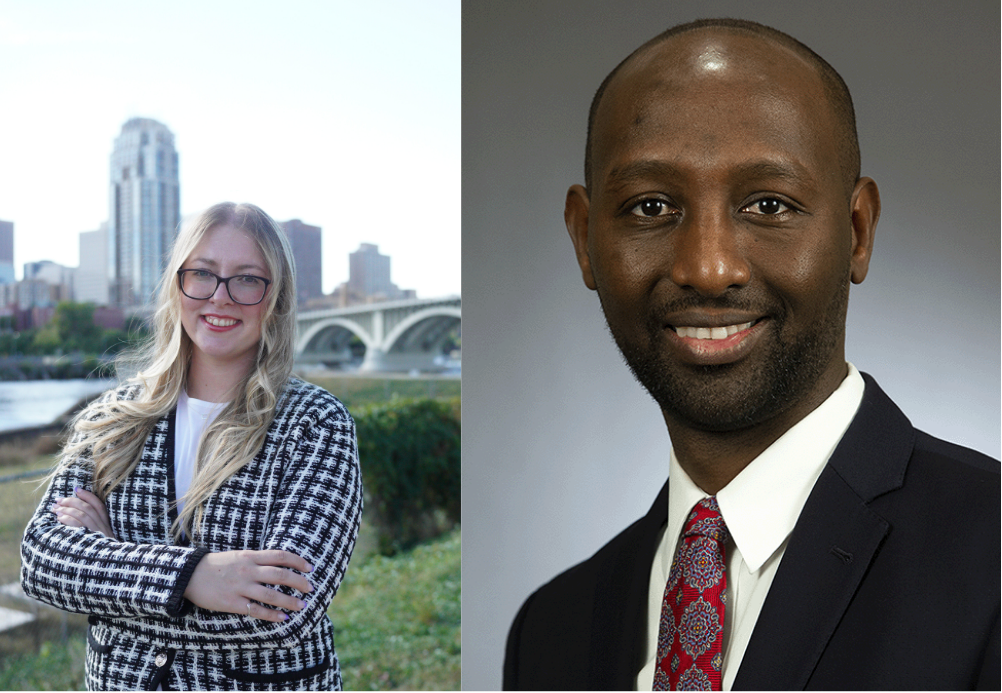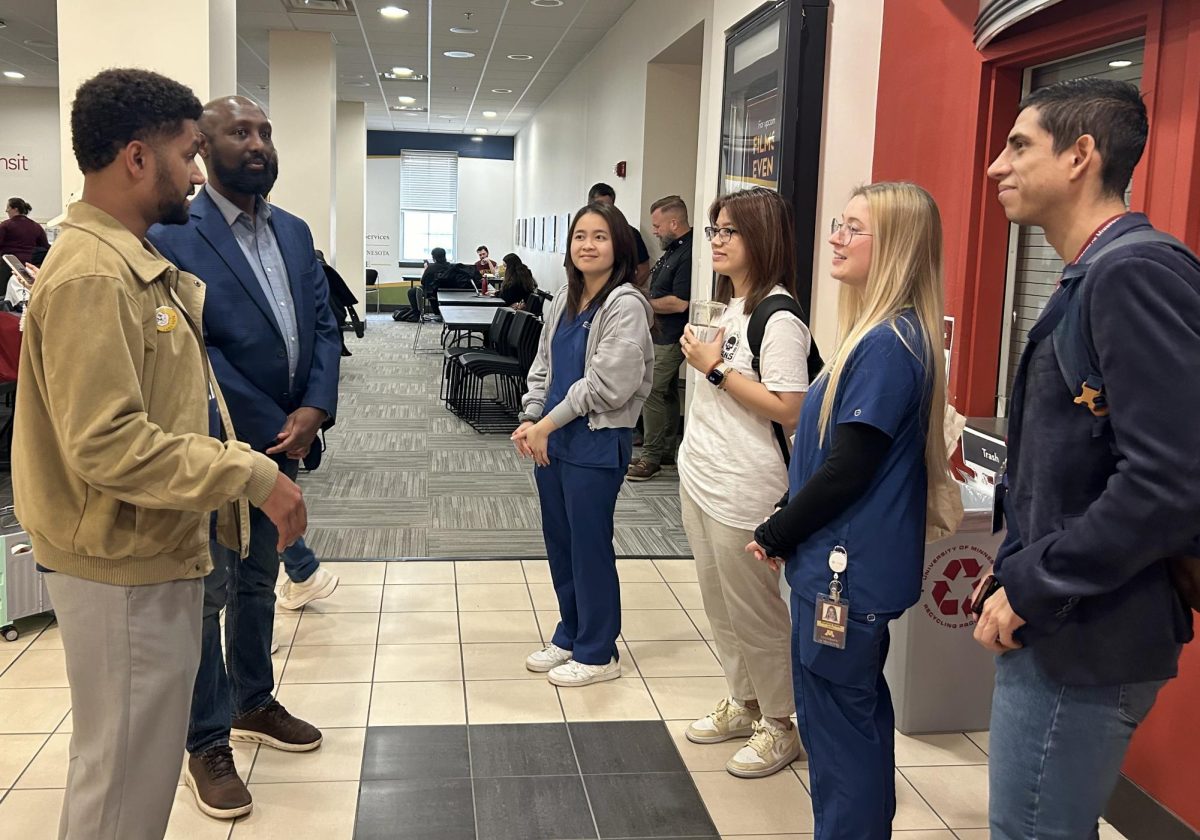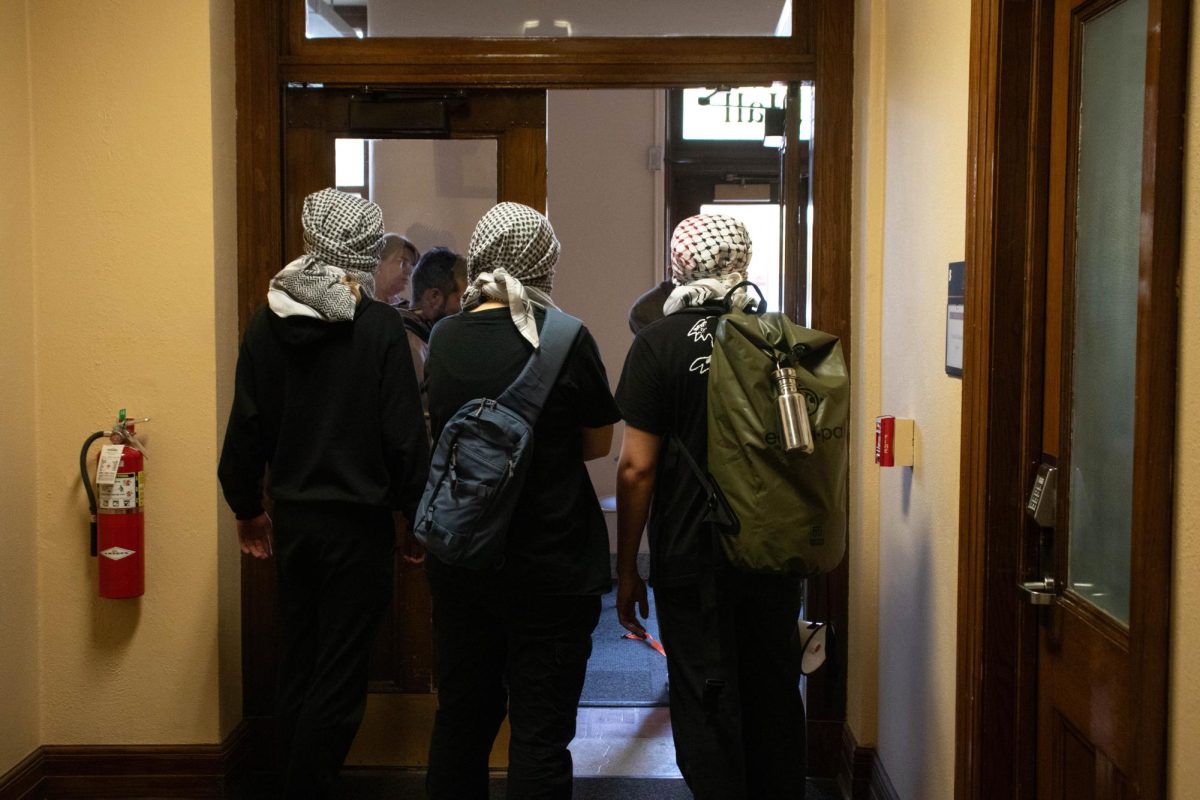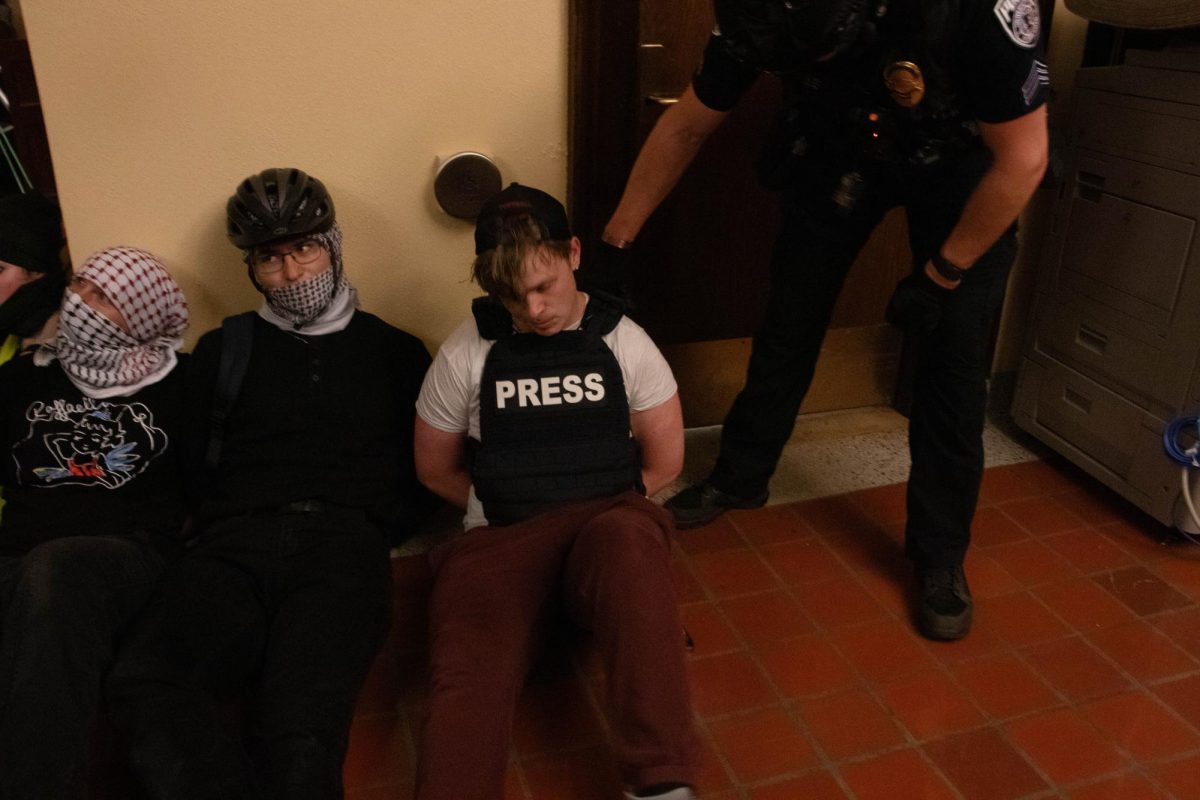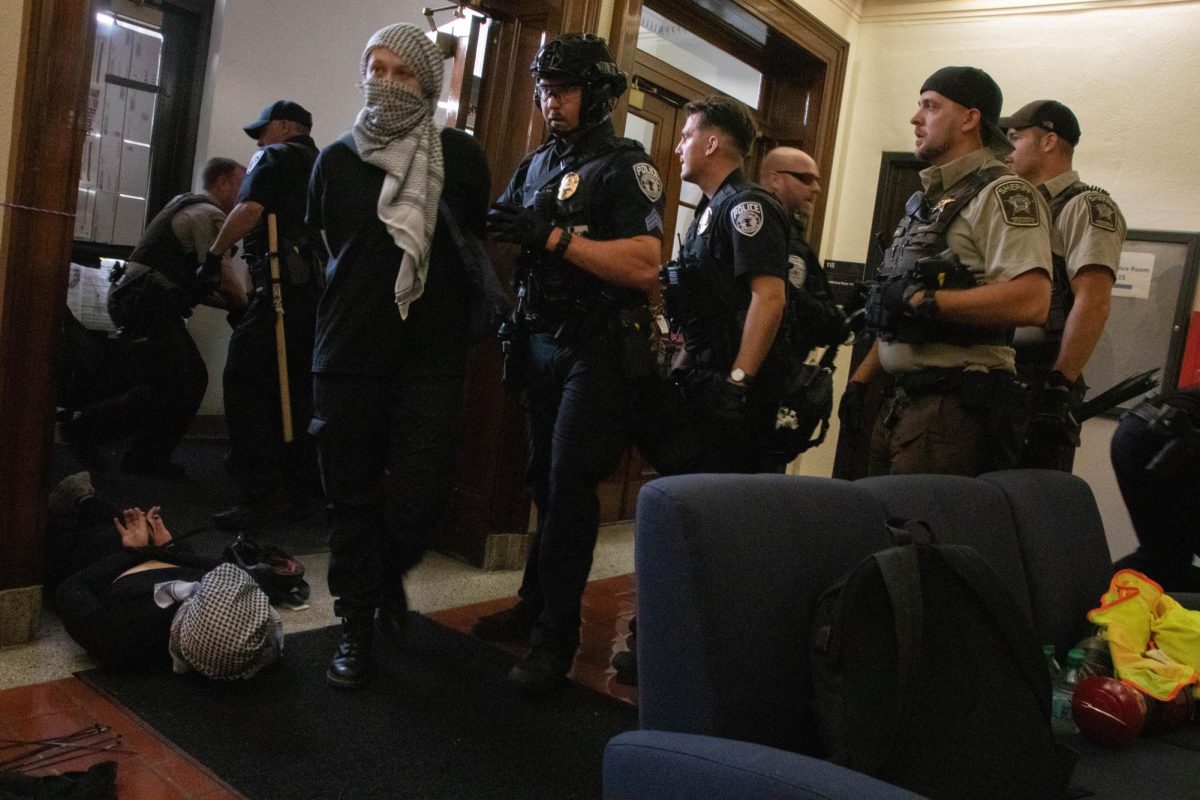The University of Minnesota received a $5 million grant to strengthen racial justice within higher education, including the University’s relationship with tribal nations, through a series of projects and initiatives.
Minnesota Transform, slated to start over the next year, will include student internships, research jobs and a report on the University’s 150-year-long history with Minnesota’s tribal nations. The grant was awarded in early January by the Andrew W. Mellon Foundation, an organization focused on funding arts and humanities projects.
This set of initiatives is an initial step toward addressing racial injustice at the University, said Tadd Johnson, senior director of American Indian Tribal Nations Relations and professor in the American Indian Studies department.
“I think we need to delve deeper,” he said. “I think we need to spend decades on all the things that have gone wrong with Native Americans. Is the University doing enough? Never. Is there enough money in this grant? No, but how do you start a job like this?”
The project’s overall goal is to begin addressing the University’s role in a history of racial injustice, said Jigna Desai, project leader and University professor in the Department of Gender, Women and Sexuality Studies.
The University will distribute portions of the $5 million grant to specific projects, including the Minnesota Indian Affairs Council (MIAC).
“This project is hoping to do more of that historical acknowledgment and really putting things out on the table that happened: good things, not so good things, horrible things, uncomfortable things that people don’t want to talk about. It’s not going to be an easy project, but it’s one that needs to be done,” said MIAC’s Executive Director Shannon Geshick.
Using funding from the grant, MIAC will work with the University to create a historical report that analyzes the University’s relationship with Minnesota’s tribal nations. MIAC sent leadership a series of resolutions this summer asking that the University acknowledge its obligations to the tribes as a land-grant institution, whereby the federal government gave tribal lands ceded by Native Americans, often as a result of U.S. violence, to universities as a grant.
“One of those resolutions really delved into the University and tribal relations, or lack thereof, and highlighted the fact that the University has gained greatly from use of ancestral Dakota land and that there should be some partnership, some work, some figuring out how to not just acknowledge but, again, move forward together,” Geshick said.
The report will inform and serve as a foundation for future University policies, according to David Chang, a collaborator on the project and professor in the Department of History.
“It’s going to be a pretty substantial report because there’s a long history to tell,” Chang said. “The goal is to come up with a document that’s truly usable. The timeline on that is kind of slow, but this is a big undertaking. … This is a sincere effort to understand this history.”
The historical report will also include recommendations on areas of improvement for the University, such as broadening Morris’ tuition waiver for Native American students to other programs or campuses at the University.
Leaders from MIAC and the tribal nations are also seeking representation on the University’s Board of Regents. This request will likely become formalized in the report, Geshick said.
“The elected tribal leaders of the tribal nations in Minnesota have expressed a need for there to be tribal representation and specifically an elected tribal leader to sit on that board,” she said.
MIAC will hire an external historical consultant to work on the report in collaboration with researchers from the University, Geshick said. Using funds from the grant, each of the 11 tribal nations will also hire an intern to research the report.
Due to budget constraints, faculty had to seek outside funding to support the resolutions made by MIAC this summer.
“We had to go look for money. We’re hoping at some point the University will pony up some money for these types of things, but we’ll wait,” Johnson said. “In the meantime, I’m very aggressively going after grant money. We’re going after other foundations at this point to try and fund these initiatives. But right now is a bad time for universities.”
As work on the project begins, leaders said they will work to establish trust and build relationships in the communities they are discussing.
“There’s a lot of mistrust with communities because the University has often taken what it’s needed and then not necessarily met the needs of the communities,” Desai said. “So when you do a partnership, part of it is figuring out what each component wants or needs.”



